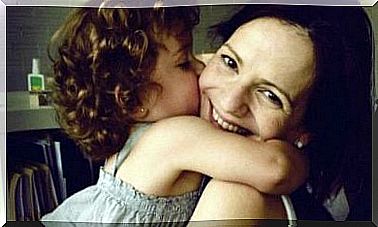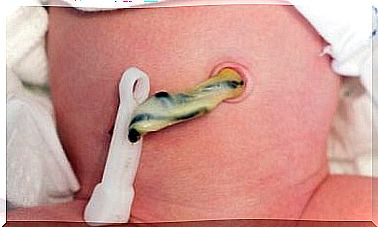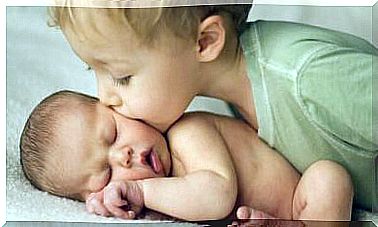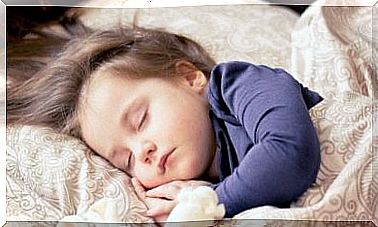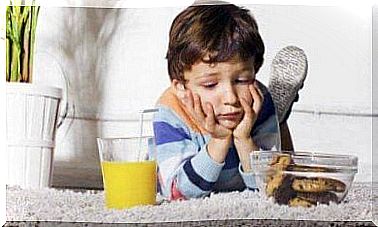Teach Your Child Good Habits

Good habits come from repetition. Very often people repeat certain activities without realizing it.
Sometimes we carry out habits without thinking about them because the brain has already stored them. These actions are commonly called habits, regardless of whether they are bad or good; it is often instinct or inherited.
Good habits, bad habits
Whether a habit is good or bad depends on the context. For some cultures, an ordinary act is a good habit. But this can be perceived as bad or uncomfortable by others.
Likewise, “good” habits are not necessarily accepted as “good” in all societies.
Although some habits are more difficult to manage or accept, they can be difficult for a person to get rid of. When we talk about habits, we usually talk about hygiene, diet or daily routine. Habits can also be unhealthy, like smoking.
It is widely believed that good habits are those that lead a person to feel a general sense of satisfaction and quality of life.
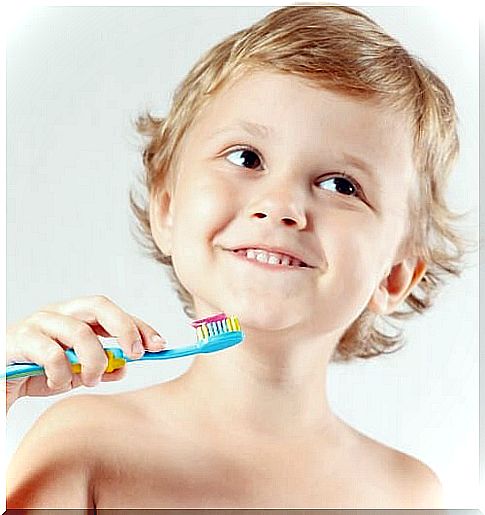
In addition, good habits also improve relationships between people who share the same activities. For example, exercise, be well behaved, have good hygiene, eat healthy foods, to name a few.
On the other hand , bad habits lead to negative consequences for the person who follows them. Some of these habits are very difficult to get rid of if you don’t recognize them in time. Because of this, these types of habits are usually referred to as vices.
Habits that children develop can be either good or bad. If you don’t get rid of the bad ones in time, it will be very difficult to fix them in the future.
Parents should always closely monitor their children’s behavior to distinguish between their actions. Also, it doesn’t hurt to think about a plan of action to resolve behaviors that are considered “bad”.
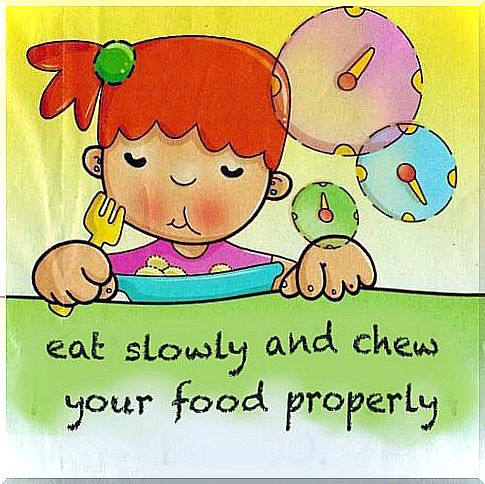
Typical habits of children
Children begin to develop their own habits as early as the first few months of life. These habits develop over the course of life, and many of them remain forever.
Some childhood habits are typical; they occur in most children. Because children cannot yet distinguish between good and bad.
In most cases, the habits of the children are not at all objectionable. However, in some cases it is necessary to intervene to prevent bad habits from becoming entrenched.
Here are some bad habits of children:
Sucking fingers
- The connection between habit and enjoyment that emerges.
- Performing this action as a relaxation mechanism.
Often you see babies sucking their fingers, mostly their thumbs, for months. They do it when they’re tired, when they’re hungry, or to relax before bed. Although this usually goes away with time, thumb sucking becomes a habit in some cases by adulthood.
It can cause physical damage, such as jaw and tooth malformations, for which many have to see an orthodontist. Parents should try to control this habit and try to avoid future consequences.
For example, you can distract your child or calm them down with a toy. It’s also important to identify the cause of why your child is sucking their fingers.
Chew your fingernails
This habit is also called onychophagia and should be eliminated in the same way as finger sucking. Biting your fingernails usually expresses nervousness or fear. In situations like this, it is better to distract the child than to blame them.
When fearful of fear, bite nails to calm yourself. If you blame them or show them you’re upset, it could make matters worse. In other words, children chew their fingernails more often, increasing the habit.
Here it is very important to find out the source of the fear or nervousness in order to control the problem. In some cases, children chew fingernails until they bleed. Try sticking their fingers in a bitter substance or something they don’t like to get them to give up this habit. It will be very difficult, but not impossible.
To dig in your nose
This habit shows up in both adults and children. The difference is that children perform this action in public without shame. Not only is this habit unsanitary, but it can also lead to nosebleeds.
Some research has confirmed that this habit usually occurs during moments of boredom or when the child is anxious.
One of the main reasons kids do this is because they still don’t know how to blow their nose, which is what they’ll learn later. Parents should give children (depending on their age) a small handkerchief and show them how to use it.
Teach your child to do this in private. Don’t worry, this habit will go away over time and with the use of the advice we have given.
